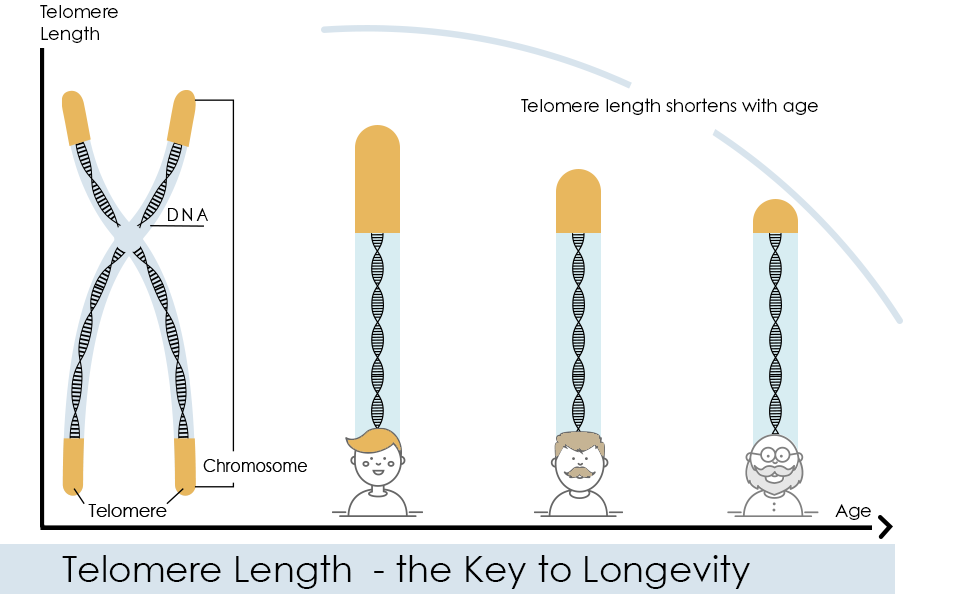Oral Microbiome: A Lifestyle Snapshot
- Bhavna Meena
- Nov 22, 2024
- 2 min read
The oral microbiome plays a key role in human health, aiding in digestion, bolstering immune function, and guarding against pathogens.

The oral microbiome plays a key role in human health, aiding in digestion, bolstering immune function, and guarding against pathogens. However, a shift in its balance can be linked to various health issues. “The oral microbiome has been understudied, and most studies of the oral microbiome have been conducted in Western populations,” said Emily Davenport, an assistant professor at Penn State and leader of the research team. Researchers studied 63 individuals in Nepal, to examine how lifestyle influences the oral microbiome. By focusing on a single geographic area, they minimized confounding factors like climate and healthcare access. The study also gathered detailed data on participants' diet, education, medical practices, and habits.
Using DNA from saliva samples, researchers found that the types of bacteria in people's mouths varied based on their lifestyle. Foragers had different bacteria compared to industrial workers, showing that lifestyle affects which microbes thrive. Some bacteria were linked to behaviours like smoking, diet, and even habits like chewing plants such as nettle. This study highlights that both cultural and habitual factors play a role in shaping the oral microbiome.
The researchers found that the types of grains people eat affect the microbes in their mouths. Different grains support different bacteria. They also noticed that chewing nettle, a fibrous plant popular among foragers in Nepal, influenced the microbiome, similar to how chewing gum might. This shows how diet, including specific plants, shapes the oral microbiome.The study confirms that smoking affects the microbiome. This shows that smoking is a key factor influencing the microbiome, no matter where people live or their lifestyle.
This highlights the importance of considering lifestyle and cultural habits in microbiome studies. They stress the need for more diverse populations to better understand how the oral microbiome affects health. The study in Nepal showed that lifestyle changes, like diet or location, can impact the microbiome, which is likely true for other populations as well. By studying these global differences, scientists can develop better ways to manage health and prevent diseases linked to microbiome imbalances.
References:
Davenport, E., Ryu, E., & Ionescu, A. (2024). Mouth Microbes Reflect Your Lifestyle Choices. https://www.earth.com/news/mouth-microbes-reflect-your-lifestyle-choices/





Comments